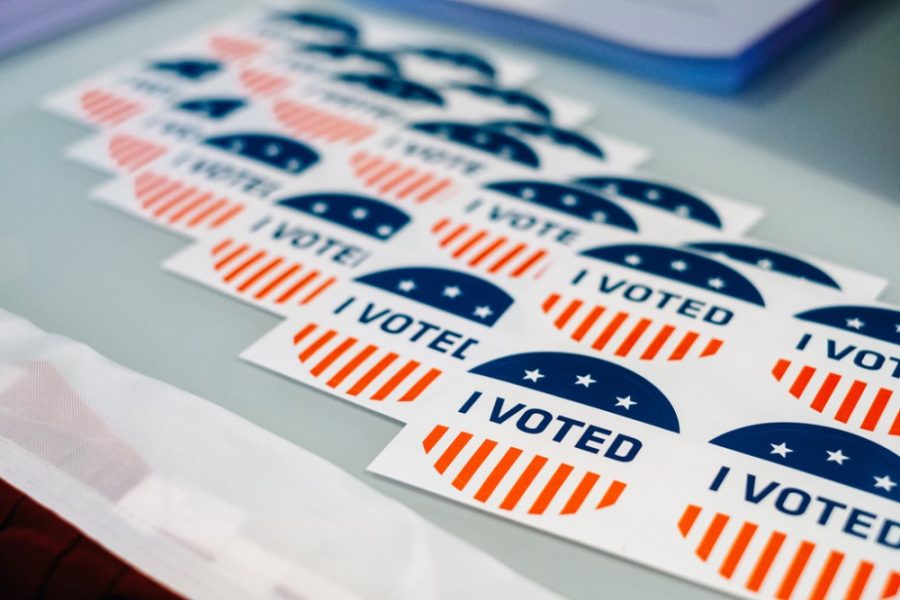When Tucson voters headed to the polls Nov. 5, they extended Democrats’ four decades of city rule and, for a fourth straight election, Democrats control all six of Tucson’s city council seats.
For years, Republicans have argued Tucson’s electoral rules disadvantage them in city elections. Republicans have even gone as far as suing the city in federal court and, as recently as this summer, unsuccessfully advancing a ballot measure, asking voters to change the rules.
For many of Tucson’s Democrats, who often balk at Republican efforts to gerrymander elections across the country, this may be hard to hear: Republicans are right. While Tucson city elections are not gerrymandered, they are unfair and even undemocratic.
The city of Tucson is divided into six wards or electoral districts. Every two years, three wards hold a primary and general election.
RELATED: Tucson will not become a sanctuary city after Prop 205 fails to pass
Only ward residents can vote in primaries. In the general election, though, the entire city votes for which candidate will represent the ward in city hall. This system is known by political scientists as city-wide designated seats by plurality, or CDP.
CDP is resistant to gerrymandering since electoral districts do not matter in city-wide general elections. However, CDP has also been found to reduce the competitiveness of elections, increase the number of wasted votes and exclude political minorities from office. For example, one out of every four votes cast during Tucson’s 2015 and 2017 city council general elections was for a Republican, yet no Republicans won a seat.
The last time a Republican won a seat on the city council, in fact, was 2009, when Steve Kozachik was elected to represent Ward 6. Kozachik, though, did not last long as a Republican — he changed his party affiliation to Democrat in 2013.
If Tucson’s election system perfectly represented the preferences of voters, Democrats would hold, at most, four city council seats. The remaining two seats would be held by Republicans or split between an Independent and a Republican.
RELATED: OPINION: We need more polling places on campus
In this perfect system, Democrats would understandably maintain their majority on the city council, but Tucsonans of every political party would be able to look at their city government and see themselves represented.
A more representative, ideologically diverse city council will increase voter engagement, force discussions on local issues and sometimes even result in compromise, which will make the city better.
Republicans have proposed ward-specific council-member general elections to increase their electoral chances, yet this system is not guaranteed to increase electoral fairness.
If the city were to make ward boundaries more important, Tucson’s wards will inevitably become gerrymandered. Either Republicans would be crowded into one district to guarantee their representation or they would be distributed throughout six districts, offering voters a meaningless choice.
This system would reduce the competitiveness of Tucson’s elections no matter how the wards are drawn. If Tucsonans want fairer elections, I propose they support one of two alternative amendments to Tucson’s electoral system.
The first change: do away with wards. The boundaries of Tucson’s electoral wards already have little weight in actual city elections, so just get rid of them.
In their place, Tucson could adopt a proportional electoral system, like those seen across Europe or in Maine. Instead of voting for individual candidates, voters choose a political party with a list of candidates when they go to the polls.
RELATED: Regina Romero wins Tucson mayoral race
The three city council seats for that year’s election would be distributed between the political parties or independent candidates according to the proportion of the total vote they received. For example, if Democrats win 60% of the vote and Republicans win 30%, Democrats would send their top two candidates to city council and Republicans would send their favorite.
If this sounds like too drastic a change, Tucson could keep its electoral system the same, but instead, disallow candidates from associating with a political party.
Tucson’s city council is unique in Arizona. Many of Arizona’s city councils are non-partisan. There are no Democratic candidates or Republican candidates but just candidates. In an era when partisanship is at an all-time high, eliminating political labels could help both voters and candidates focus more on the issues and appeal to a larger share of Tucsonans.
Regardless of the original intent of Tucson’s electoral system, it has become part of a widespread epidemic in America. This epidemic is one that strikes at the core of America’s democracy. It undermines the value of peoples’ votes. Wherever Tucsonans stand on this issue, they cannot deny this fact.









